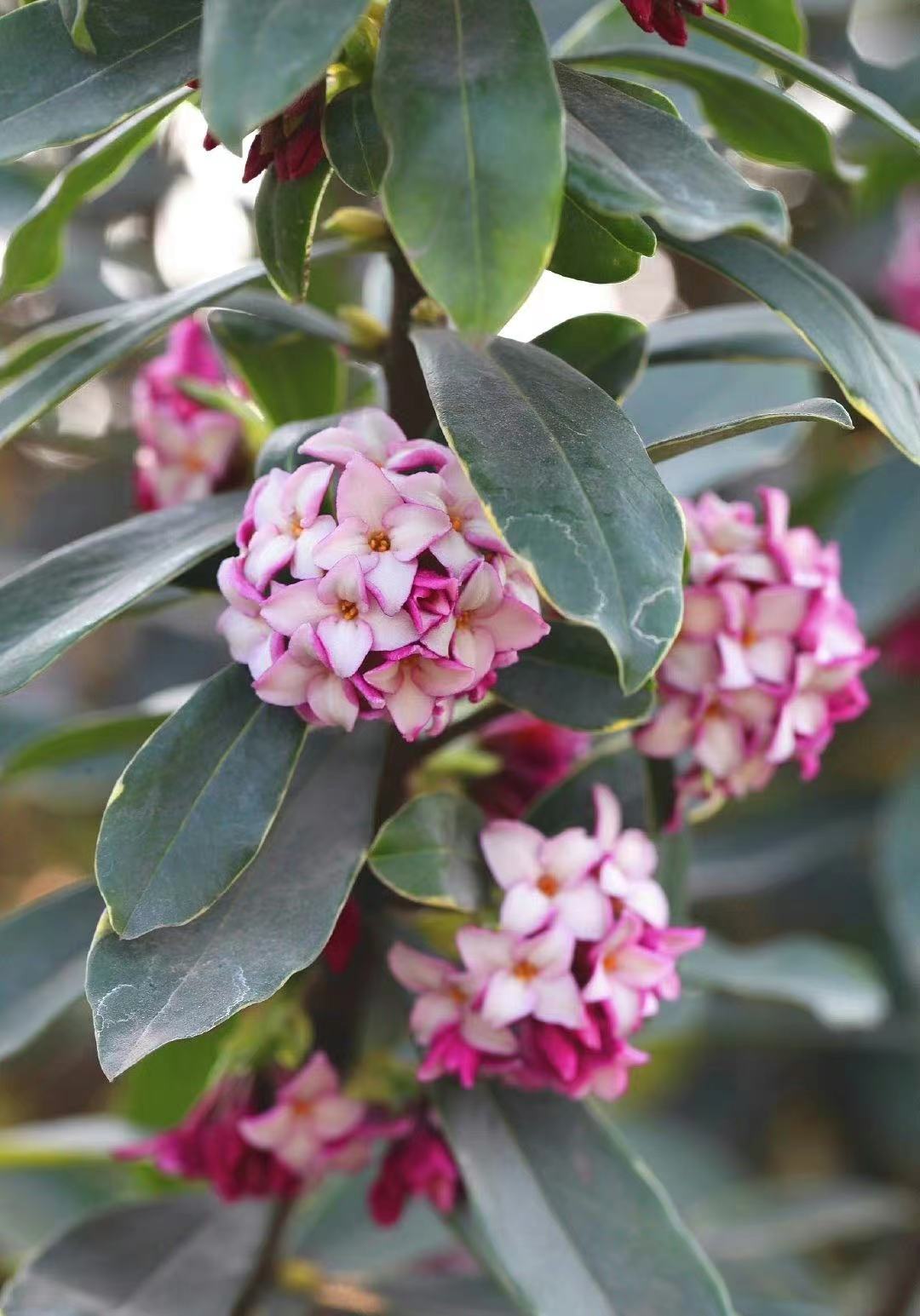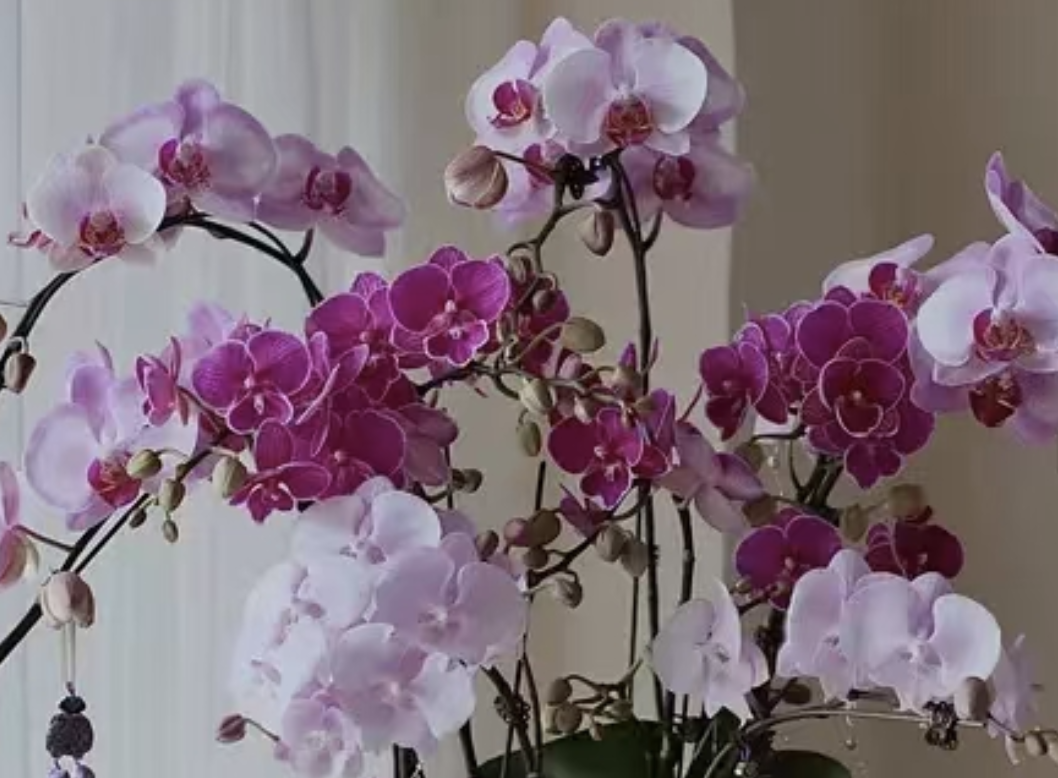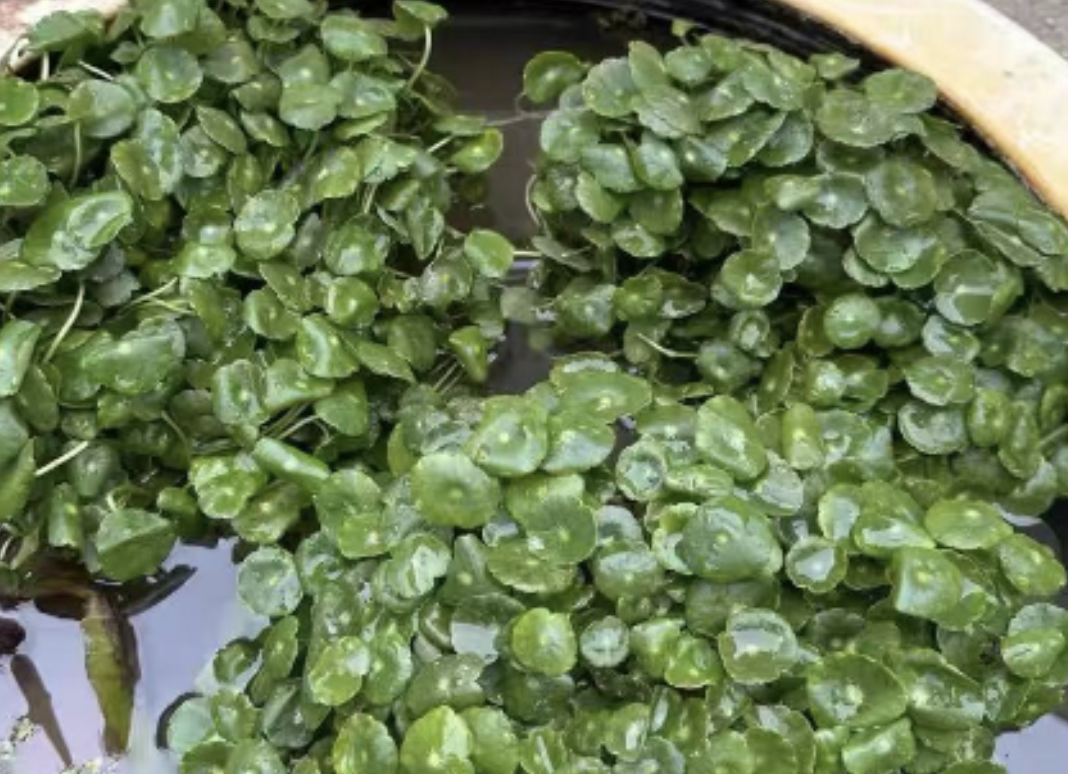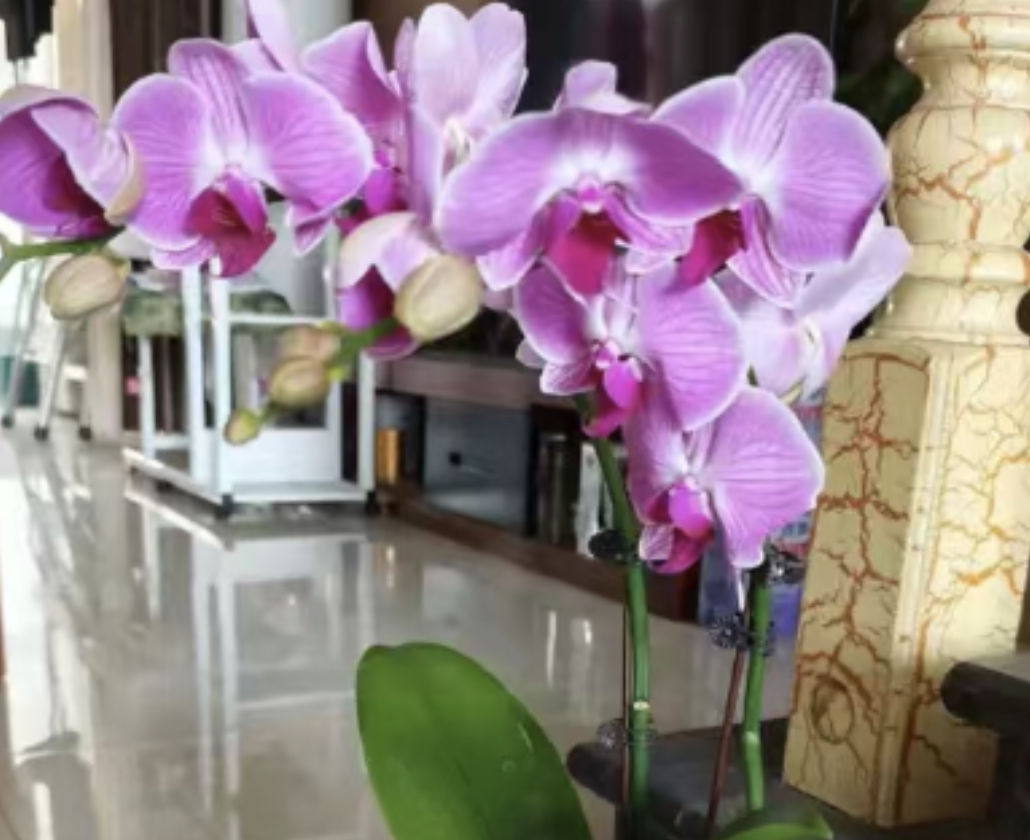In the hot summer, Daphne odora var. marginata often faces problems such as blackened leaves and leaf drop, which worries flower lovers.
When the leaves of Daphne odora var. marginata turn black and fall off in summer, we should first analyze the possible reasons.
The summer sun is strong. If Daphne odora var. marginata is exposed to direct sunlight for a long time, it is easy to cause leaf burns, resulting in blackening and leaf drop. The solution is to move the plant to a cool and ventilated place in time to avoid direct sunlight. Appropriate light can be given in the morning or evening when the sunlight is weak to ensure normal photosynthesis.
Daphne odora var. marginata likes a cool environment, and high temperatures in summer can easily inhibit its growth. When the temperature exceeds 30°C, the plant may have blackened leaves and leaf drop. At this time, cooling measures should be taken, such as spraying water around the plant and strengthening ventilation to reduce the ambient temperature.
The temperature is high in summer and the water evaporates quickly. However, too much or too little watering may cause the leaves of Daphne odora var. marginata to turn black and fall off. Excessive watering will cause water accumulation in the soil, resulting in oxygen deficiency and root rot; too little watering will cause the plant to lack water and affect normal growth. Therefore, watering in summer should follow the principle of "water when dry, water thoroughly", that is, water when the soil surface is dry, and water thoroughly, but avoid water accumulation.
Daphne odora var. marginata grows slowly in summer and has less demand for fertilizer. If too much or too concentrated fertilizer is applied, it is easy to cause fertilizer damage, resulting in blackened leaves and leaf drop. At this time, fertilization should be stopped immediately and a large amount of water should be used to rinse the soil to reduce fertilizer damage. If the situation is serious, new soil needs to be replaced.
Summer is a period of high incidence of pests and diseases. Daphne odora var. marginata is vulnerable to pests and diseases such as leaf spot disease, anthrax disease, scale insects, etc., which can cause the leaves to turn black and fall off. Once pests and diseases are found, corresponding prevention and control measures should be taken in time. For leaf spot disease and anthrax disease, fungicides such as carbendazim and chlorothalonil can be sprayed for control; for scale insects, insecticides such as omethoate and dichlorvos can be used for spraying.
So, how should Daphne odora var. marginata be maintained in summer?
Daphne odora var. marginata likes a semi-shady environment and direct sunlight should be avoided in summer. It can be placed in a bright, scattered light place indoors, such as the living room or study. If maintained outdoors, a shaded place should be selected, such as under the shade of a tree or by setting up a shade net.
Maintaining an appropriate temperature is the key to maintaining Daphne odora var. marginata in summer. Try to control the ambient temperature at around 25°C and avoid exceeding 30°C. The temperature can be reduced by spraying water and ventilation to create a cool and comfortable growth environment for the plant.
Watering in summer should be appropriate according to the dryness and wetness of the soil. Generally, water once every 2 - 3 days. When watering, water thoroughly until the water flows out from the bottom of the pot. At the same time, be careful not to water during the high-temperature period at noon to avoid scalding the roots due to high water temperature.
Daphne odora var. marginata grows slowly in summer, and the amount of fertilizer applied should be reduced. Generally, apply a thin liquid fertilizer once every 2 - 3 weeks. The fertilizer should be mainly phosphorus and potassium fertilizers, such as potassium dihydrogen phosphate solution. Pay attention to the concentration when fertilizing, which should not be too high to avoid fertilizer damage. Daphne odora var. marginata likes a humid air environment. In summer, water can be sprayed around the plant frequently to increase the air humidity. At the same time, a water basin or humidifier can also be placed indoors to increase the air humidity.
Daphne odora var. marginata needs meticulous care in summer. Only by understanding its growth habits and mastering the correct maintenance methods can it remain vigorous in the hot summer.
What to do if the leaves of Daphne odora var. marginata turn black and fall off in summer?

Share with
Tagged in :




Leave a Reply